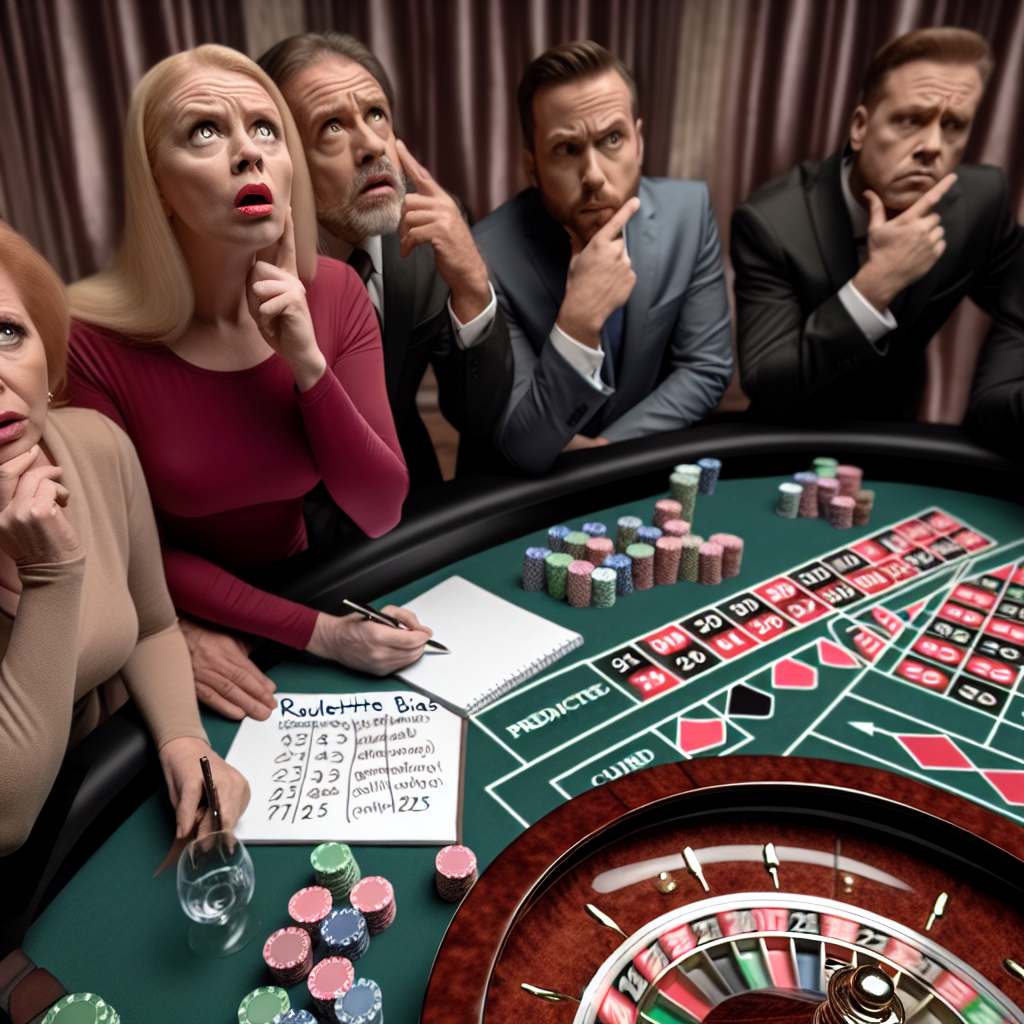
Under the dazzling lights of a casino, each spin of the roulette wheel promises excitement. Yet, behind the glamour, not all outcomes are left to chance.
Roulette Bias 2025: When Luck Isn’t Really Random
As the casino industry evolves, “Roulette Bias 2025” surfaces as a pivotal topic among gaming connoisseurs. This phenomenon, rooted in the subtle imperfections and wear of physical roulette wheels, can influence outcomes in ways both subtle and profound. In the digital age, where algorithms govern virtual spins, the notion of bias takes on new dimensions. Here, we’re not just dealing with mechanical quirks but also with the precision — and potential fallibility — of code. The global market is closely watching how these factors could shape the future of roulette, balancing the traditional allure of the game with the rigor of technology.
Risks, Caveats, and Neutral Guidance
Understanding the intricacies of “Roulette Bias 2025” requires acknowledging the inherent risks. An improperly maintained physical wheel can lead to predictable outcomes, skewing the odds unfairly. Conversely, in the digital realm, coding errors or intentional algorithmic biases could challenge the fairness of virtual games. How can players and operators trust the integrity of these systems? Regulatory bodies worldwide are increasingly vigilant, setting stringent standards to ensure fairness and transparency. However, players should remain aware and informed about both the potential for bias and the safeguards in place. In short, while technology offers precision, it also necessitates vigilance.
Adopting Roulette Bias 2025: What to Prioritize
Embracing “Roulette Bias 2025” in the gaming industry means prioritizing both innovation and integrity. Casinos investing in the latest technologies must also commit to robust auditing processes, ensuring that their systems are both secure and fair. For players, knowledge is power. Understanding the mechanics behind both physical and virtual wheels can provide an edge, whether identifying a bias or recognizing the hallmarks of a trustworthy platform. The question remains: how can the industry balance innovation with accountability? As gaming continues to evolve, these priorities will define the path forward.
The interplay between technology and tradition in roulette is a dance of precision and chance. As “Roulette Bias 2025” unfolds, its impact will resonate across the gaming landscape. Track practical shifts in Roulette Bias 2025 — read CasinoVVV’s global analysis.
What is roulette bias?
Roulette bias refers to the tendency of a roulette wheel to favor certain numbers or sections due to physical imperfections or wear.
How can a player identify a biased roulette wheel?
Players can identify a biased wheel by carefully recording spin results over time to see if certain numbers appear more frequently than statistically expected.
Why do physical imperfections cause roulette bias?
Physical imperfections, such as slight imbalances or wear and tear, can affect the wheel's spin, causing certain numbers to come up more often than others.
Are all roulette wheels susceptible to bias?
Not all roulette wheels are biased; modern casinos frequently maintain and inspect their equipment to minimize the risk of bias.
How do casinos address roulette bias?
Casinos regularly calibrate and test their roulette wheels to detect and fix any biases, ensuring fair play for all participants.
Can advanced algorithms detect roulette bias more effectively than humans?
Yes, advanced algorithms can analyze large datasets more efficiently than humans, making them effective in detecting subtle biases in roulette wheels.
This article was written and edited by the CasinoVVV.com editorial team, delivering accurate insights and trusted perspectives on the casino world.
Read also: AI Dealers In Modern Casinos: Between Efficiency And Human Touch • Smart Casino Tables Technology 2025 Explained
